Khabar Khair (Only Good News) – Sarah Al-Muhalwi
In light of the political crises that the country is suffering from, which cast a shadow over all service sectors, where the health side suffers from a significant deterioration in light of the authorities’ inability to support these sectors, the World Bank grant comes to save and support the health, nutrition and sanitation sector. The World Bank has agreed to grant Yemen an additional $150 million grant to increase access to basic health, nutrition, water and sanitation services.
The Bank stated that about 20 million Yemenis, out of a total population of about 29 million, are food insecure and at risk of malnutrition, as one third of them cannot provide enough food and drink and access water and sanitation services. The conflict has driven at least 4 million people from their homes. Communicable diseases, including diphtheria and dengue fever, have spread across the country. With the emergence of the Corona virus, Yemen faces a challenge of another kind. The Bank described Yemen as the poorest country in the World Bank’s list of countries in the Middle East and North Africa region; as it is witnessing the worst humanitarian crisis in the world since 2015 due to the escalating conflict there. And by the end of last year, the number of deaths reached 233,000, half of whom died due to lack of food, or lack of access to health care, in addition to the lack of basic infrastructure required to provide these services.
According to the World Bank, the new project will provide basic health and nutrition services to 3.65 million citizens; Basic water and sanitation services for about 850,000 citizens, in addition to training 3,000 health workers; and support 388 sites for early warning and disease surveillance systems to monitor outbreaks of infectious diseases. In addition, public health programs will be implemented to prevent polio, malaria, schistosomiasis and trachoma, among other diseases.
The United Nations agencies working on the ground in Yemen will be the recipients of these grants from the International Development Association, the World Bank’s fund for the world’s poorest countries, as this support is in line with the strategy adopted by the World Bank Group for financing in environments of fragility, conflict and violence, which Focuses on continuing to work in countries with ongoing conflict to support key institutions and the neediest communities. The project will be implemented by the World Health Organization, the United Nations Children’s Fund (UNICEF), and the United Nations Office for Project Services, in cooperation with the local authorities in Yemen.

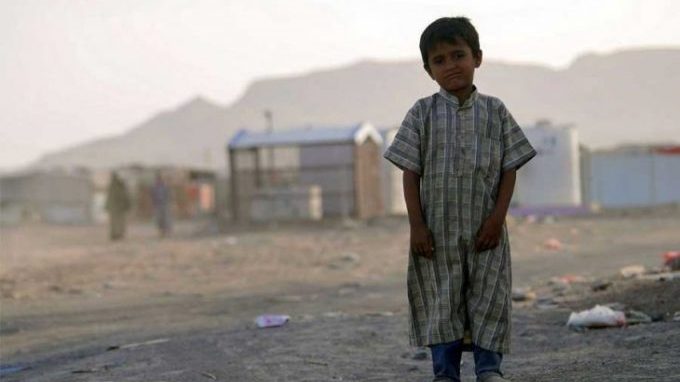
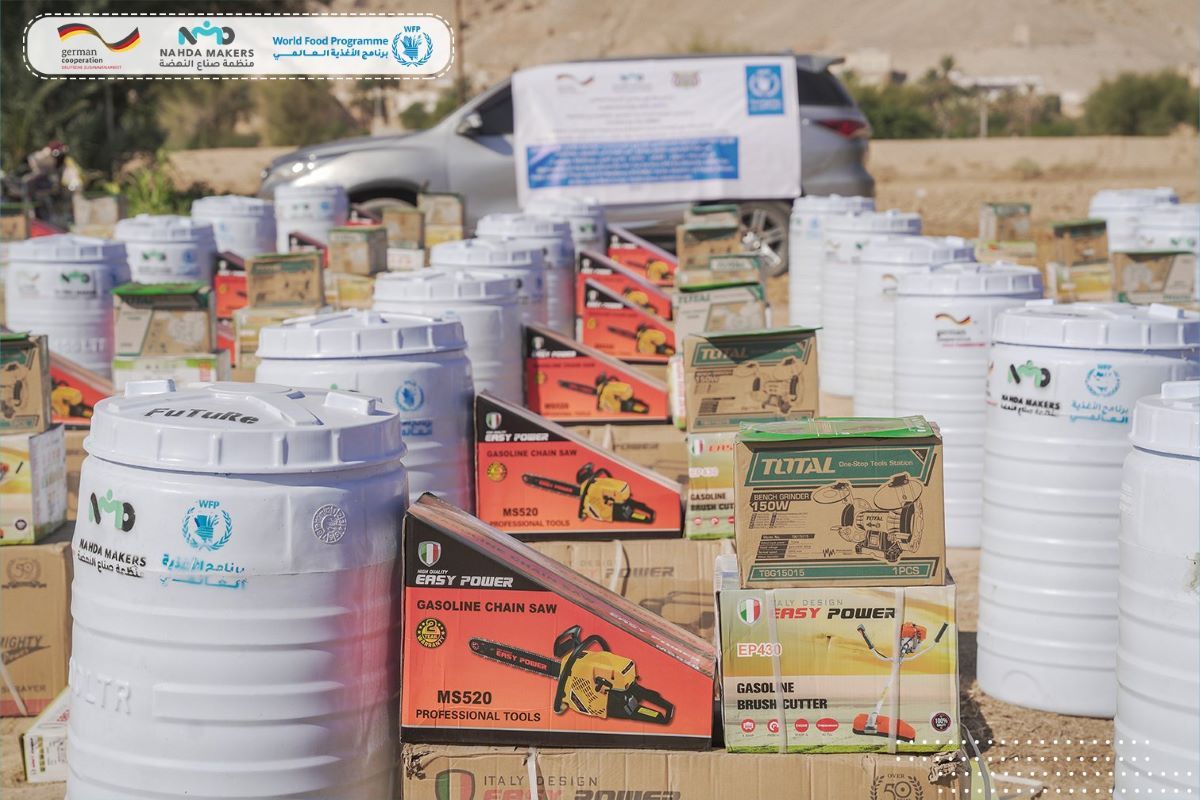
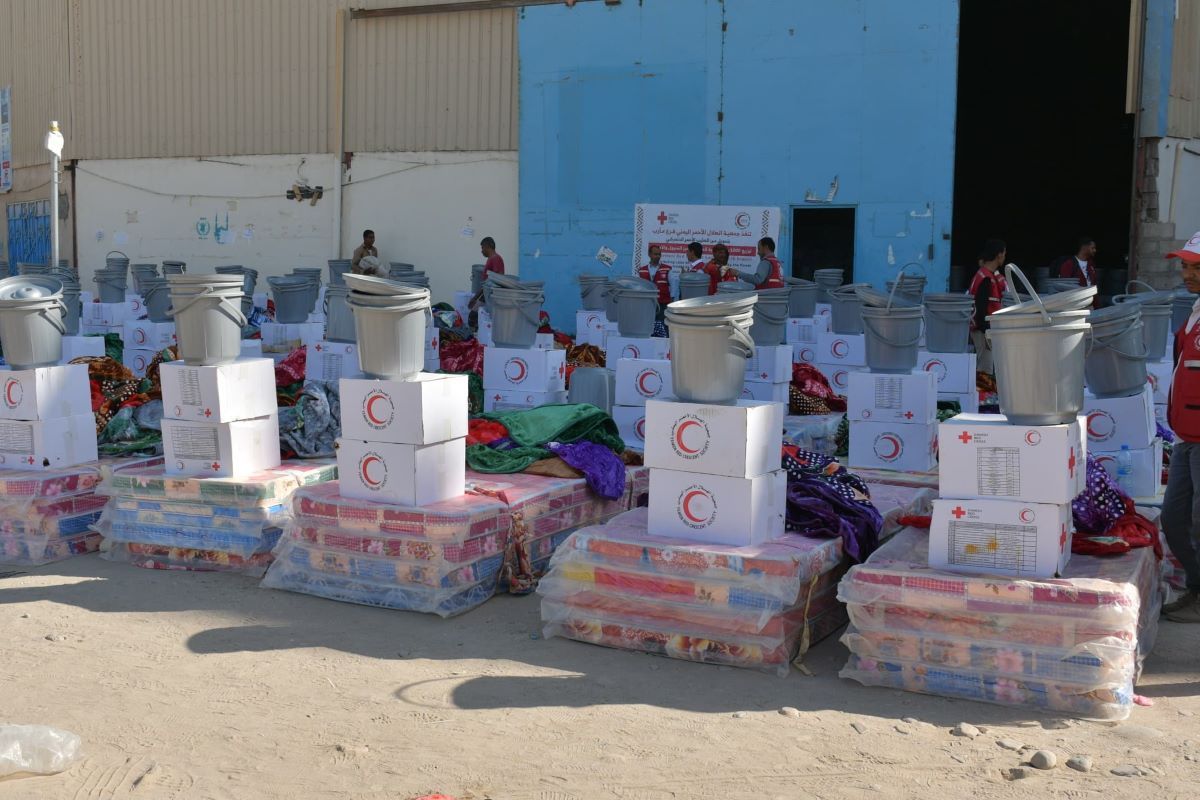


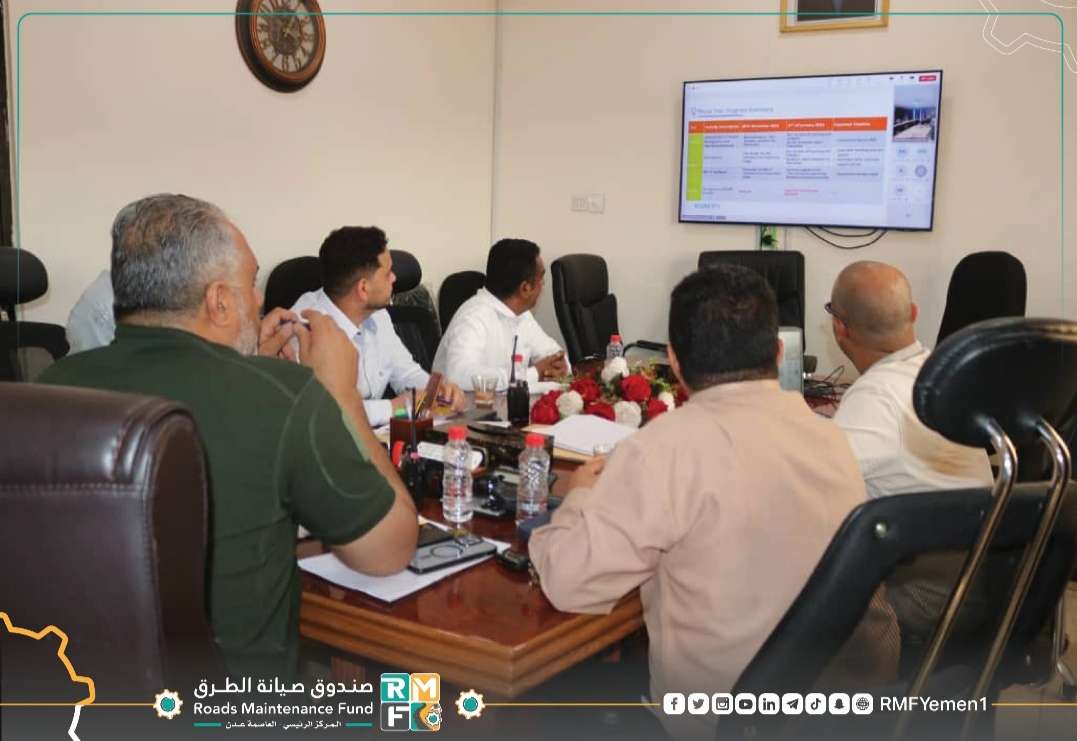


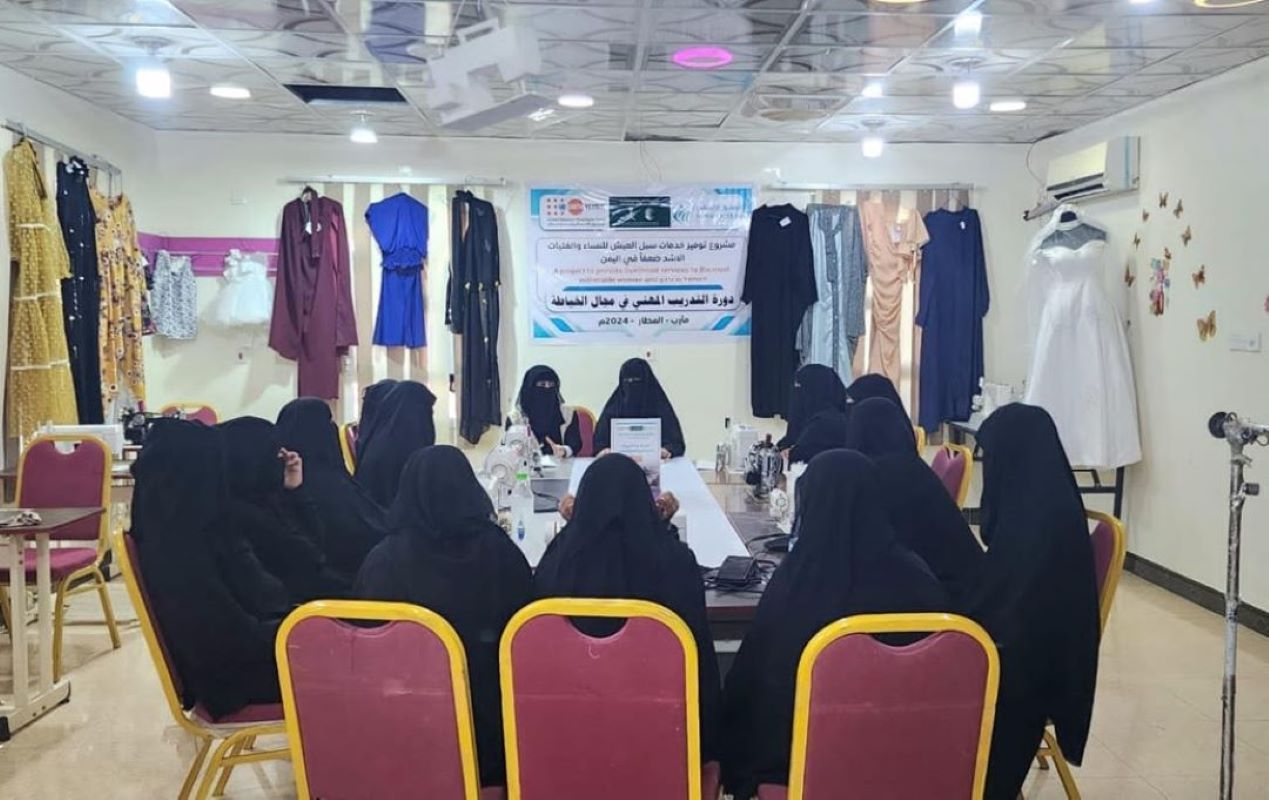
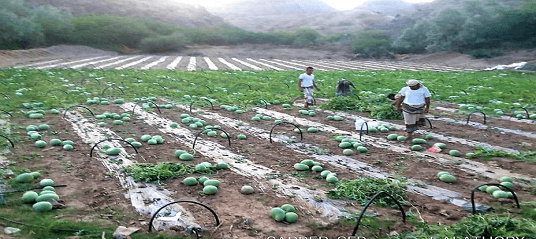
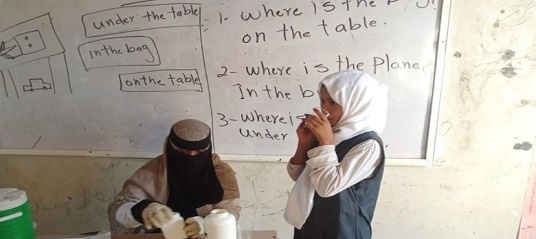
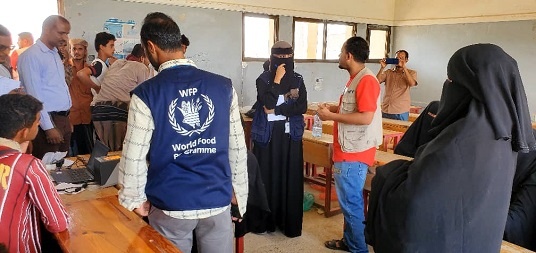
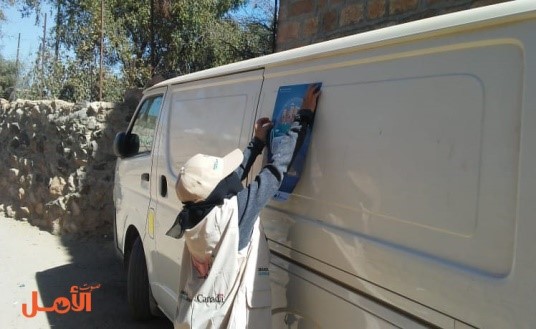
LEAVE A COMMENT